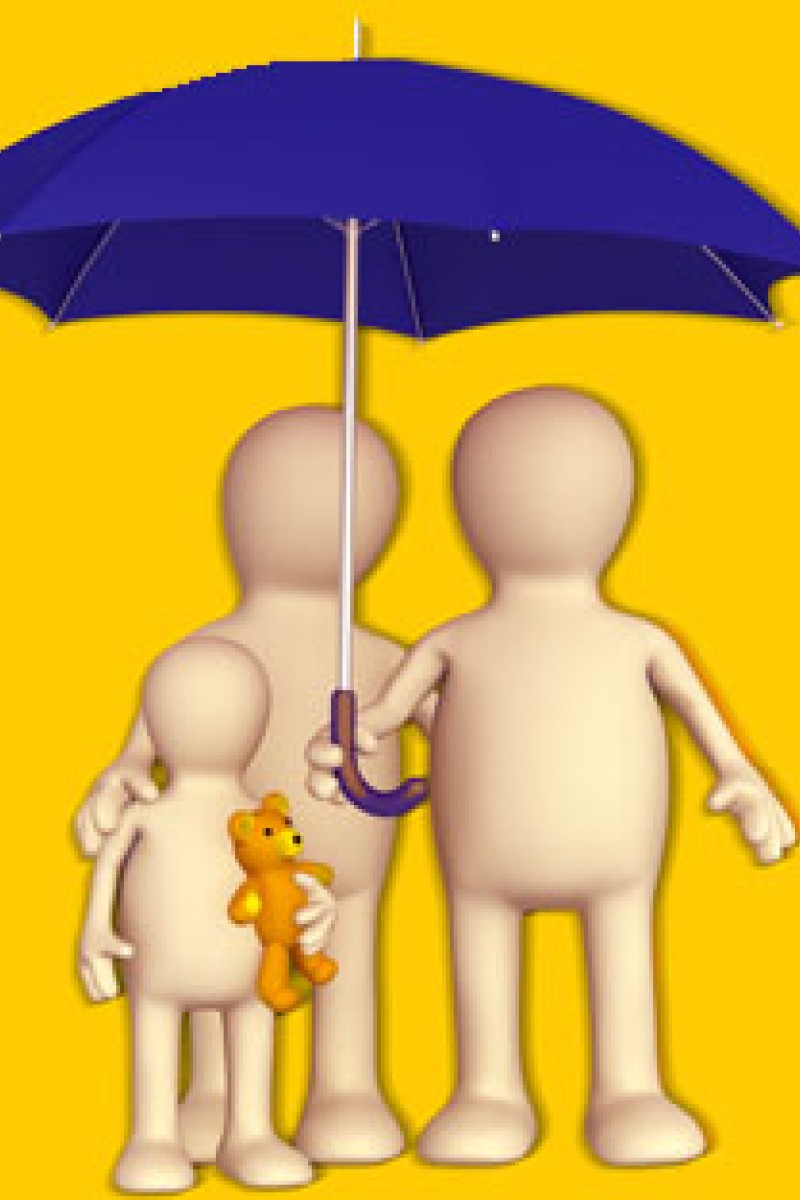
We call them 'helicopter parents' - parents who love their children too much.
Perhaps it is a term you have never heard. But, if you feel your parents are constantly hovering over you, it is possible they have the syndrome.
Helicopter parents are so attentive to their children's needs that it can be stifling for the children. Parents like this tend to focus on academic issues, but mostly they try to sweep away any problems that stand in their children's way. Of course, it is natural for parents to want to protect their children and provide them with the best, but problems tend to emerge when they go too far.
'My parents cared about my studies so much, they even stopped me from practising a Chinese musical instrument I'd already been learning for a year,' says Jane (not her real name), a Form Seven student. 'My mum said she was afraid that it would affect my studies.'
She adds that her parents even want to manage her social life.
'My mum usually doesn't allow me to hang out because she's worried I'll be negatively influenced by my friends. I have to ask her seriously every time I go out and she wants to know where I'm going, when and who with.'
Form Five student, Michael (also not his real name), has the same problem
'My parents always pay close attention to everything I do,' he says. 'They know everything about what I do at school, and if I have any problems, they ask for someone to help me immediately.'
Michael says his parents once even complained to the school principal when the air conditioner wasn't working properly in his classroom. He calls the incident 'embarrassing'.
Parents, of course, do not see it this way. 'Yes, I always try to help my children,' says Michael's mother. 'I want to help them however I can and give them whatever they ask for because I don't want them to be under pressure - they already have too much to deal with in their lives.'
Michael's mother calls this being 'responsible'. But clinical psychologist Dr Keung Yuen-nai says actually they may be compensating.
'The parents might not have got enough attention during their childhoods, so when they grow up and have their own children, they want to do everything they can to make their lives easier,' says Keung. 'But this means the teenagers don't get a chance to deal with difficulties themselves.'
She points out that teenagers need to have the experience of dealing with the consequences of their mistakes in order to mature and grow up.
'Parents need to gradually allow their children to make decisions for themselves. Of course, parents have a right to be involved in their children's lives, but good communication and consensus is necessary,' says Keung.
Janice Yip, from Homantin Government Secondary School
To join the discussion, click here
